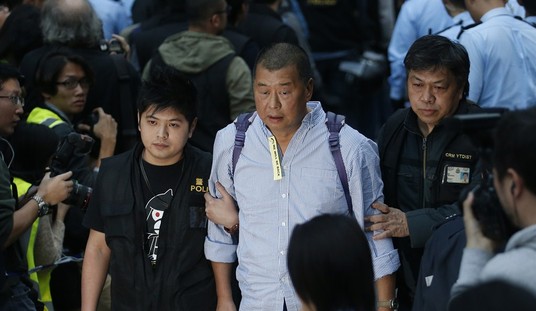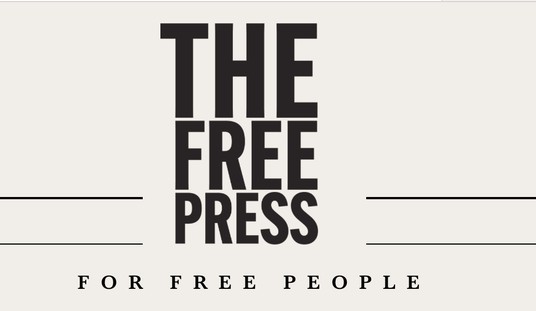Pew Research has published a new survey of American attitudes towards government and “partisan rancor,” and the results don’t hold much promise for big-government politicians. Instead of finding Hope and Change in the expansion of government, more and more Americans want reform of the federal bureaucracy and its power and authority reduced, not expanded. The number of people who say they trust the government dropped to its lowest point in fifty years:
By almost every conceivable measure Americans are less positive and more critical of government these days. A new Pew Research Center survey finds a perfect storm of conditions associated with distrust of government — a dismal economy, an unhappy public, bitter partisan-based backlash, and epic discontent with Congress and elected officials.
Rather than an activist government to deal with the nation’s top problems, the public now wants government reformed and growing numbers want its power curtailed. With the exception of greater regulation of major financial institutions, there is less of an appetite for government solutions to the nation’s problems — including more government control over the economy — than there was when Barack Obama first took office. …
These are the principal findings from a series of surveys that provide a detailed picture of the public’s opinions about government. The main survey, conducted March 11-21 among 2,505 adults, was informed by surveys in 1997 and 1998 that explored many of the same questions and issues. While a majority also distrusted the federal government in those surveys, criticism of government had declined from earlier in the decade. And the public’s desire for government services and activism was holding steady.
This is not the case today. Just 22% say they can trust the government in Washington almost always or most of the time, among the lowest measures in half a century. About the same percentage (19%) says they are “basically content” with the federal government, which is largely unchanged from 2006 and 2007, but lower than a decade ago.
Opinions about elected officials are particularly poor. In a follow-up survey in early April, just 25% expressed a favorable opinion of Congress, which was virtually unchanged from March (26%), prior to passage of the health care reform bill. This is the lowest favorable rating for Congress in a quarter century of Pew Research Center surveys. Over the last year, favorable opinions of Congress have declined by half — from 50% to 25%.
The list of declining ratings for federal agencies is broad, but in one case, surprising. The Department of Education leads the list of losers, dropping 21 points in approval over the last 12 years, with only 40% now approving. However, even though many of these bureaucracies lost significant support since late 1997, most of them still have majorities of approval, with the exception of the Social Security Administration, which dropped 13 points to 48%. The IRS actually gained nine points, but still falls short of a majority at 47% approval.
With that in mind, Americans seem to disapprove of government on general and philosophical bases rather than in the context of specific agencies. Twelve years ago, Pew found that 50% of respondents felt that the federal government made a positive impact on daily life, with 31% saying the impact on daily life was negative. Today, that has reversed to 38% positive and 43% negative, a 24-point swing. For those who see government going off the rails, 50% blame inefficiency, but an increasing percentage — 38%, up from 29% in 1997 — say it’s because of having wrong priorities.
In another interesting trend, the percentage of people who describe themselves as “frustrated” has remained basically unchanged since 1997, moving between 52% and 58% over that period and landing at 56% this year. (In a survey taken right after 9/11, the numbers were far off from the norm at 34%, understandably.) Those expressing basic contentment, though, have dropped from a 12-year peak in February 2000 of 33% to just 19% today. Twenty-one percent now describe themselves as “angry,” a new high. Combining “frustrated” with “angry” gives us 77% of Americans who are fed up with government, a new high for the last 12 years.
Needless to say, this trend bodes ill for any incumbent who supported the radical Democratic agenda of nanny-state policies this session of Congress, especially ObamaCare and cap-and-trade. It also explains the rise of the Tea Parties and the fear of Democrats heading into the midterms.








Join the conversation as a VIP Member